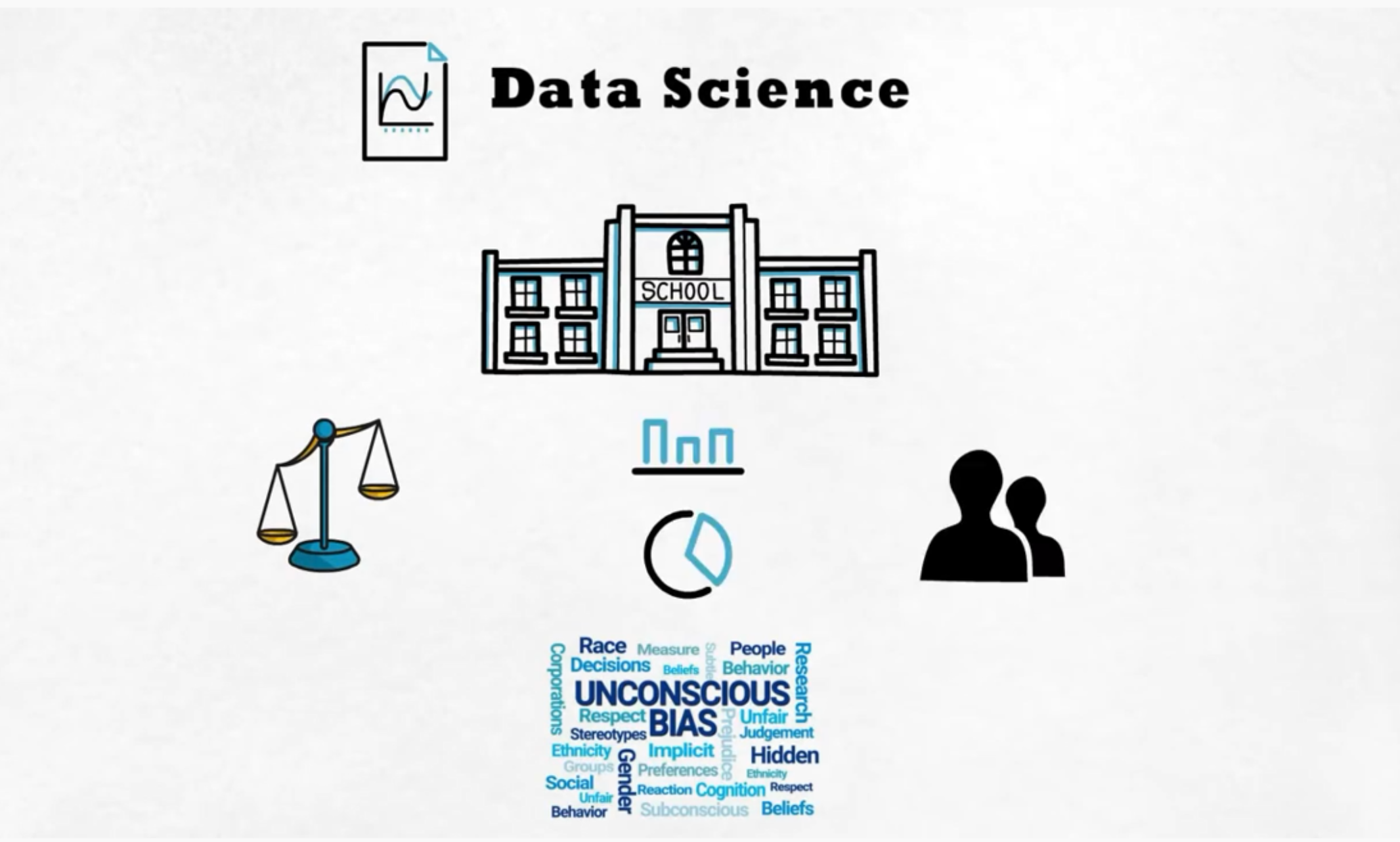Data science education is challenged with attracting minority students from various socio-economic backgrounds.
However, recent advances in artificial intelligence and deep learning create an urgent need for a qualified data science workforce that can perform critical functions in a variety of domains and aspects of human society from journalism to health communication to advertising to educational resources for underserved populations. Enter the Open Collaborative Experiential Learning in Artificial Intelligence (OCEL.AI) project with a unique solution to address this need.
“We’re trying to change the reality and culture of data science education.”
Led by a multi-disciplinary team of faculty at the University of Missouri-Kansas City – Yugyung (Yugi) Lee, professor of computer science; Ye Wang, associate professor of communication studies; and Alexis Petri, senior director of faculty support – OCEL.AI received a $350,000 grant from the National Science Foundation to make data science more relevant to minority students.
The OCEL.AI project is an open knowledge network and collaborative partnership with the University of Florida, Eastern Michigan University and Essex County College that supports postsecondary instructors who teach underserved populations (Data Science) + Journalism and strategic communications within their existing institutional structures.
This storytelling approach maps a story onto data to transform artificial intelligence models and then extracts knowledge that can help solve societal issues. The group expects to see increased interest, self-efficacy and motivation in studying data science among both computer science and non-computer science majors – particularly female, Black and Hispanic students.
“Most computer scientists like to dive right into data to solve problems without thinking about the stories behind the data, so this project is a transformative approach to teaching the subject,” said Lee, who serves as the principal investigator for OCEL.AI. “We’re trying to change the reality and culture of data science education.”
Storytelling is used to create cases – personas if used in marketing, also called user stories in data science – that guide users through the process of machine learning. Wang said each user story contains the core fundamentals of storytelling taught in communications studies: who, what, when, where, why and how.
“We’re taking a ‘so what?’ approach to big data. What problems can we observe? How does this change a user’s life?” Wang said.
The machine-learning experience is guided by theoretical frameworks – also called the use cases – so rather than taking the traditional approach to machine learning to build models, Wang is helping teach computer science students the fundamentals of journalism to determine which data helps tell a story. Students can then input that data in machine learning applications, which also helps ensure outcomes are fair and unbiased because developers are no longer applying a singular context – typically the majority – in machine learning.
Groups from each of the partnering universities are currently working to test this model on sample stories to answer unique questions like “where can I buy a used car as a college freshman?” or “the community economic approach to COVID-19.” Computer science students from UMKC recently participated in a Hack-A-Thon and applied use cases to develop a mobile application to help parents find after school learning resources in Kansas City, based on budget, student gender, age and transportation needs. The storytelling approach has inspired students and faculty from the four partnering universities to learn more about data science’s role in society.
OCEL.AI will host a virtual workshop in August and invite faculty and students to learn about this new teaching approach and how to apply it and plans to invite student participants to try it in upcoming projects. Petri is working with Lee and Wang to develop a new curriculum for teachers to implement this model into their courses. Petri will also conduct a user study to help inform improvements to the new model.
“When you’re trying to implement a new learning model, you don’t always get it right the first time,” Lee said.

